A Universal Language
Annie Carew · 2 commentsAs an aspiring scientist, I took Latin in high school. I spent three semesters learning extinct declensions and translating passages of The Odyssey. It never occurred to me that my time might have been better spent learning a living language, until I found myself on a small South Pacific island that is part of overseas France. Luckily, everyone on the island could tell just by looking at me that I don’t speak French, and my mumbled “Bonjours” were taken in good stride.
New Caledonia is an archipelago off the northeast coast of Australia. The largest island, Grande Terre, is not much larger than our Chesapeake Bay watershed (it’s a difference of about 1,000 square miles). The island is divided by a mountain range into a tropical forest and a drier savanna ecosystem. Grande Terre and other New Caledonian islands are all ringed by reefs.
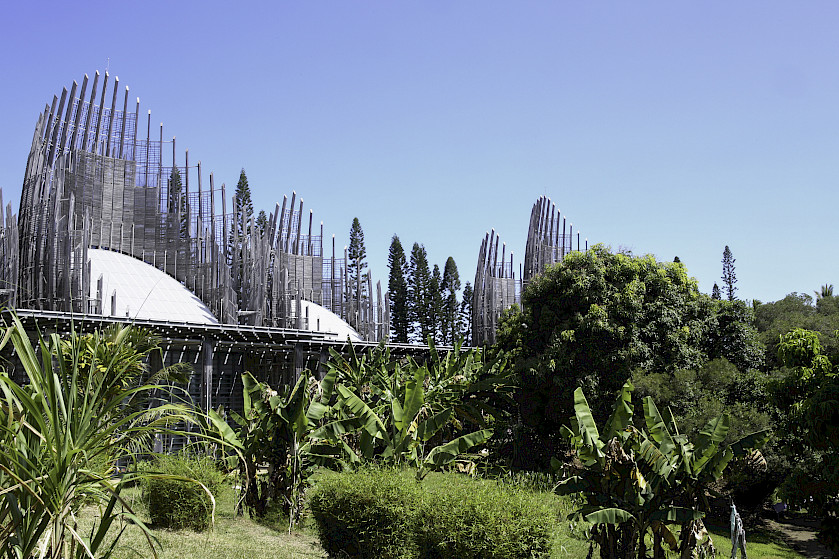
Last month, Heath Kelsey and I traveled to New Caledonia’s capital, Nouméa, to facilitate the first PACPATH workshop. The PACPATH project is focused on implementing the UN’s fourteenth Sustainability Development Goal, which is to “Conserve and sustainably use the oceans, seas and marine resources for sustainable development.” This region feels inextricably connected to their environment; conversations with local researchers, elected officials, and indigenous leaders revealed a deep concern for how the changing ocean will affect coastal communities.
This nexus of humanity and nature is exactly where IAN likes to work. We set the stage and facilitate discussions, and then we sit back and listen. We went into this workshop anticipating conversations around marine heat and sea level rise. New Caledonian and Fijian leaders are concerned about these things, but in the specific context of their communities. How does a changing ocean affect fisheries and food security? Are coastal communities at risk from rising seas and intensifying storms? Reframing environmental issues in a human context is the biggest benefit of stakeholder engagement. As scientists, we can become hyperfocused on data and habitats, but the key to promoting conservation is engaging with human interest.
Over the six days of the PACPATH workshop, I learned a lot about the South Pacific’s peoples and ecosystems. I visited a restored mangrove forest, swam in a coral reef, and stood on an eroding coastline. Although the language and climate are far removed from anything I’d ever experienced, talking about science and conservation proved universal.
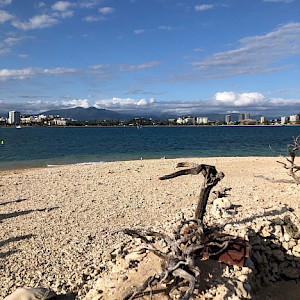
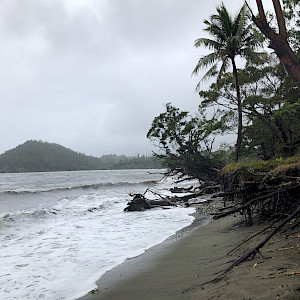
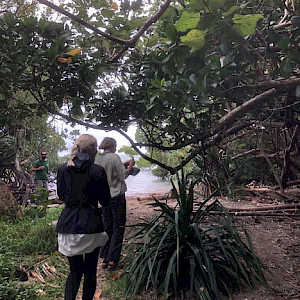
About the author
Annie Carew
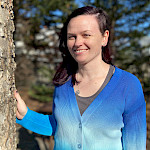
Annie Carew graduated from UMCES with a Master's degree in 2019. Her thesis research examined the effects of genetic identity on aquatic plant restoration success. Annie's research interests include coastal management and climate adaptation. At IAN she works on workshop facilitation, data visualization, document design, data analysis, and social media management. She is an enthuiastic birder and botanist, and can often be found wandering in the woods on the weekends.
Next Post > Bringing People Together for the Patuxent River
Comments
-
Heath Kelsey 3 years ago
Great blog post Annie!! I also felt the gratification that came from reframing environmental science questions from the perspective of how it affects actual people in coastal communities.
-
Rohan Jolly 3 years ago
Wow Latin and translating The Odyssey by Homer! Some people just have it in them to seek out the impossible and make it happen. Very impressed!